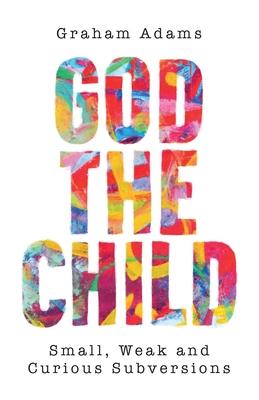The smallness of the Child re-envisages divine location in sites of smallness, like an open palm receiving the experiences of the overlooked. The weakness of the Child reimagines divine agency as chaos-event, subverting prevailing patterns of power and evoking relationships of mutuality. And the curiosity of the Child reconceives divine encounter as horizon-seeker, imaginatively and empathetically pursuing the unknown.
These possibilities are brought into dialogue both with other theologies (Black, disabled and queer) and with pastoral loss, economic/ecological injustice, and theological education. Through these conversations, God the Child emerges not only as a new model for God, but intrinsic to God's new social reality which is close at hand.
